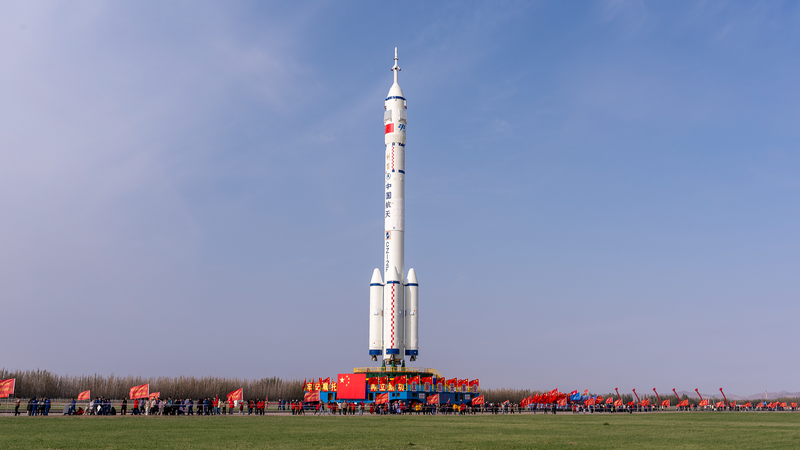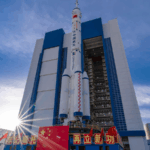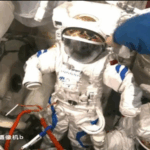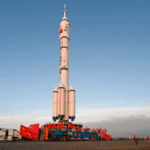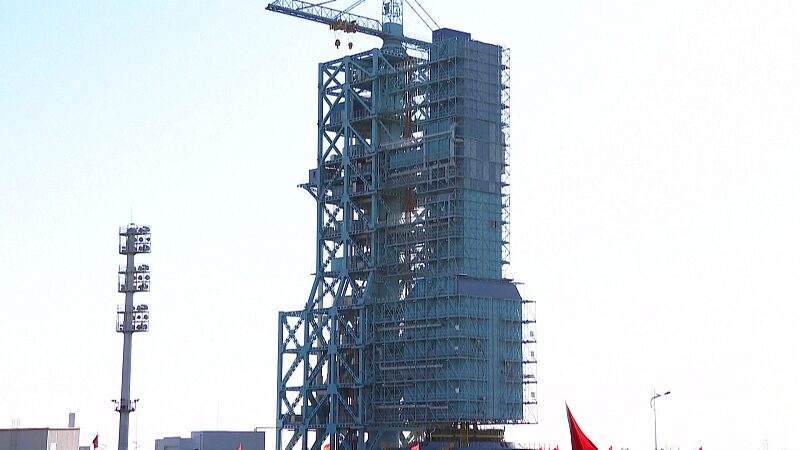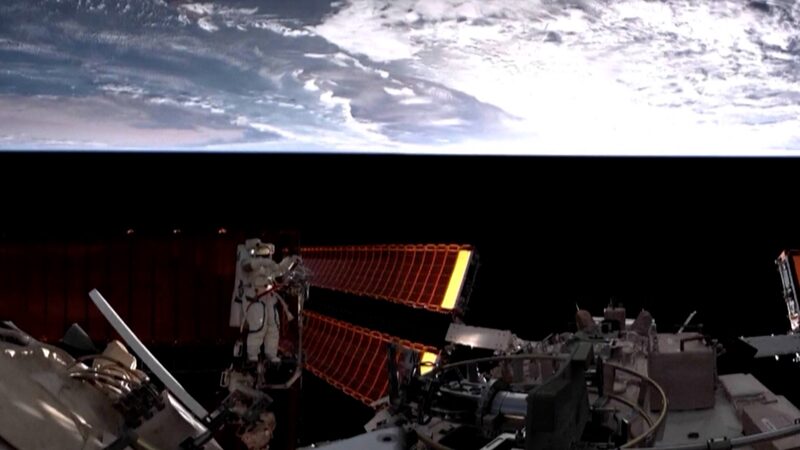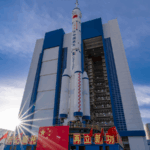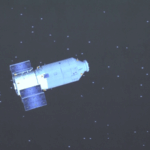China successfully launched its Shenzhou-21 crewed spacecraft from the Jiuquan Satellite Launch Center in northwest China, marking another milestone in the nation's rapidly expanding space program. The mission, announced during a press conference at the launch site, underscores Beijing's commitment to advancing human spaceflight capabilities and fostering international collaboration in space exploration.
The three-person crew will conduct a series of scientific experiments during their six-month stay aboard the newly operational Tiangong space station. State media highlighted the mission's focus on microgravity research, life sciences, and testing next-generation spacecraft docking systems – developments with potential applications for medical technology and materials science.
Analysts note the launch reinforces China's position as a key player in space technology, with implications for global satellite networks, Earth observation systems, and future lunar exploration plans. The mission coincides with growing international interest in space-based solar power generation, a field where Chinese researchers have made significant recent breakthroughs.
For Asian diaspora communities, the launch represents a source of regional pride, while business professionals eye opportunities in China's $150 billion space economy. Travel enthusiasts await potential developments in space tourism, as Chinese companies recently unveiled prototype suborbital passenger vehicles.
Reference(s):
Live: Press conference on China's Shenzhou-21 crewed spacecraft launch
cgtn.com
